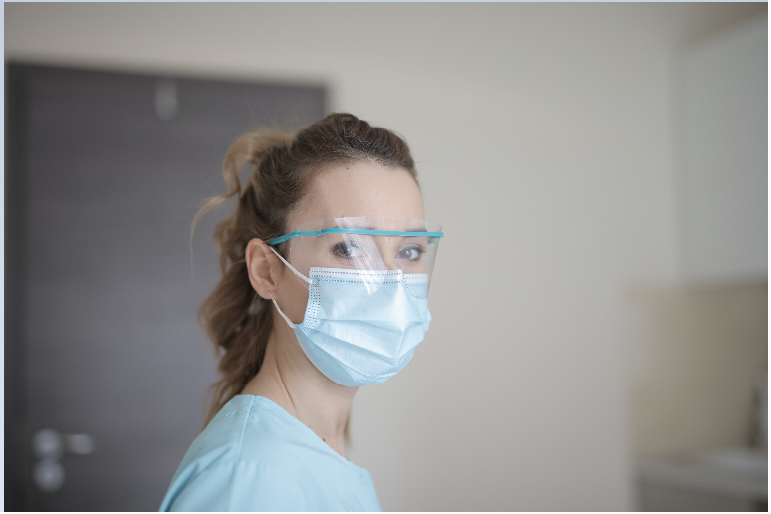5 Methods Hospitals Use To Prepare for Handling Natural Disasters
One of the most important pieces of infrastructure during a natural disaster is a hospital, but hospitals are just as vulnerable to natural disasters as any other building. Here are five methods hospitals use to prepare for handling natural disasters.
1. Employee Training
All hospital staff, from doctors to janitorial staff, should be made aware of any disaster preparedness protocols and go through both basic training and training specific to their positions. Online training courses and lectures can be made available, and staff can go through in-person training scenarios such as evacuation and lockdown drills. Training in emergency first aid may also be helpful for non-medical staff.
2. Backup Power Supplies and Systems
A backup power supply is essential for hospitals weathering natural disasters. Because so much of the equipment necessary for testing, providing treatment and stabilizing patients requires electricity to run, and because a significant percentage of that equipment is life-saving, hospitals must be able to keep their equipment online and powered up even in the event of a disaster. Additionally, different disasters can affect power supplies and technology in different ways, so hospitals must prepare different methods of keeping their equipment running. For example, a hurricane may disrupt power lines, so hospitals should have some kind of uninterruptible power supply available, while something that could cut power lines entirely, such as an earthquake, may require a longer-term solution, such as backup generators.
3. Disaster Preparedness Plans
While a hospital in the midwest may not have to deal with a hurricane and one in the northeast may be unlikely to encounter tornadus, these facilities still need to create disaster preparedness plans for a wide variety of scenarios, both common and uncommon. Lockdown protocols need to be drawn up in case of severe storms, flooding or earthquakes. Evacuation plans will need to be put in place for events such as fires. In a hospital, these plans tend to be much more intricate than they are for other facilities, due to the nature of the work done in hospitals. While in a corporate office, most people could file out of the building by themselves, hospital patients may be hooked up to equipment, in the middle of a test or simply unable to move on their own. All of these and other scenarios require staff coordination to ensure patients are kept safe in the event of an emergency. Additionally, healthcare providers must be able to provide any critical or necessary care even during an emergency event, such as patients who require life-sustaining treatment like respirators.
4. Supply Stockpiles
A hospital should have emergency supplies stockpiled in case of natural disaster. The typical recommended supplies are necessary, such as food, potable water and light sources. Hospitals should also keep emergency supplies of all disposable medical equipment, such as personal protective equipment, tools and medical instruments, such as syringes, and treatment supplies, such as blood bags and medications.
5. Implementing Crisis Care Standards
Even in a crisis, patient care is considered to be of utmost importance. That said, in the event that a natural disaster creates too much patient volume for the staff or equipment to handle at once, a system of triage may need to be implemented where patients who could normally receive care fairly quickly, for example, those with broken bones, may need to wait longer so patients with more severe injuries can be cared for first. Patients who are already being treated at the hospital when a natural disaster occurs must be taken into account as well. For example, any patient not receiving life-sustaining care may need to have his or her treatment put on hold to free up staff and equipment for emergency situations. Crisis care standards may vary by hospital, depending on region and any specialty care centers attached to the hospital.
If a hospital is prepared for multiple kinds of natural disasters, it is more likely to be capable of being used to help people medically affected by those disasters, so it’s imperative that hospitals develop plans and stockpile the appropriate supplies in case of such emergencies.






























